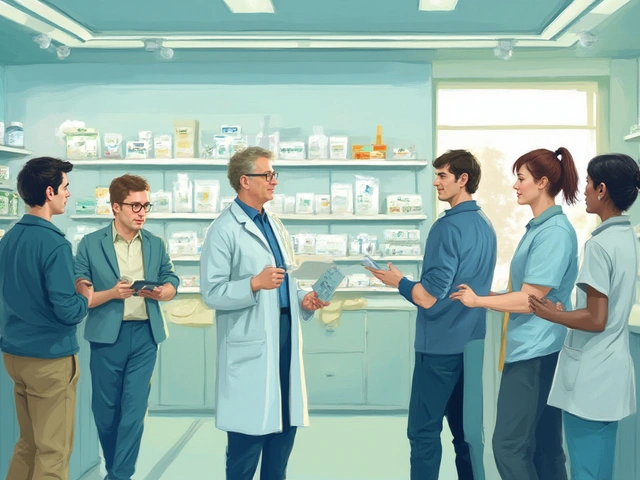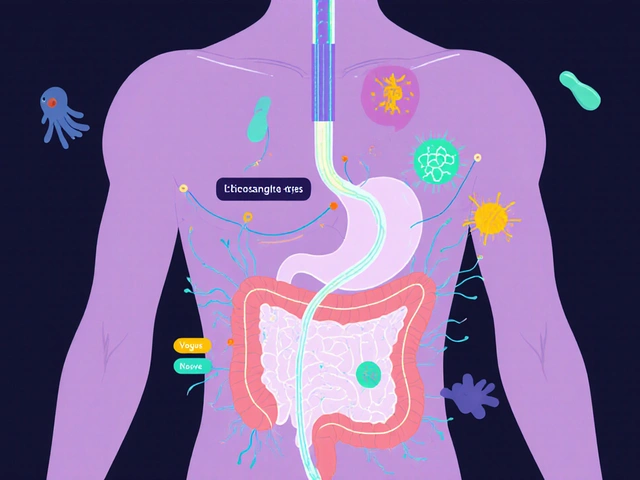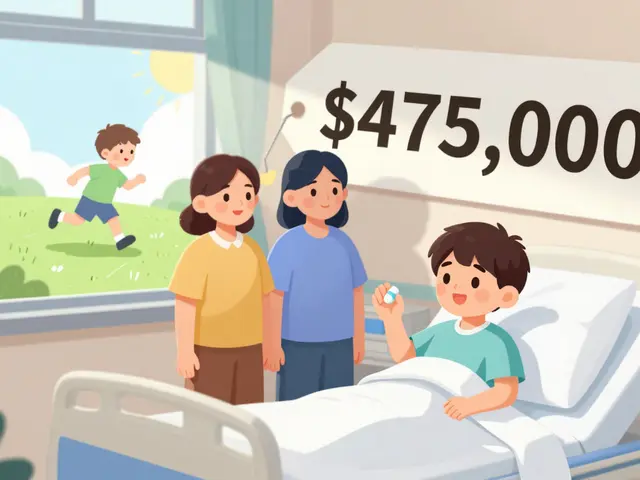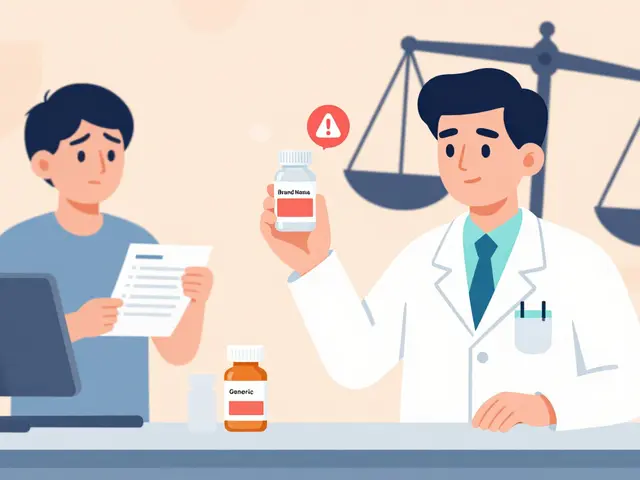Hypertension: What to Do Now and How to Stay Safe
High blood pressure quietly raises your risk for heart attack, stroke, and other problems. You may not feel anything until it’s serious, but a few clear actions can cut that risk. Read this to learn simple steps you can take today, what common medicines do, and when to call your doctor.
Simple steps that lower blood pressure today
Check your numbers regularly. An average home reading above 130/80 mmHg usually means you should act. If you get one high reading, relax and re-check after five minutes—single spikes happen.
Cut salt and processed food. A quick swap—canned soup for low-sodium options, salty snacks for fruit—can lower readings in weeks. Move more: brisk walking 30 minutes a day, five days a week, helps more than you might expect. Lose a little weight if you’re overweight; even 5% body weight loss often drops BP.
Limit alcohol and quit smoking. Alcohol can raise blood pressure and interact with medicines. Smoking harms blood vessels and makes high blood pressure more dangerous.
Medications, how they work, and safety tips
Many drug classes treat hypertension. Diuretics (like hydrochlorothiazide) help your body shed extra fluid. Beta-blockers (metoprolol/Toprol) slow the heart. ACE inhibitors and ARBs relax blood vessels. Spironolactone can be used for resistant hypertension but may interact with other meds and alcohol—talk to your clinician.
If you have chest pain or angina, nitrate drugs might be prescribed. Nitrates help with chest pain but require careful long-term monitoring because tolerance and side effects can develop. Amiodarone (Cordarone) treats dangerous heart rhythms, not primary high blood pressure; it has many side effects and needs specialist oversight.
Ask your provider about drug interactions. Some common concerns: mixing alcohol with certain heart drugs, online purchases of prescription meds from unverified sites, or combining multiple blood-pressure medicines without guidance. If you buy medicine online, verify the pharmacy’s license and prescription requirements.
Know the warning signs that need urgent care: sudden chest pain, severe headache, shortness of breath, confusion, or vision changes. If your blood pressure shoots very high (for example, systolic over 180 or diastolic over 120) and you have symptoms, seek immediate care.
Keep records. Track readings, medicines, side effects, and any home changes (diet, exercise). That makes clinic visits far more useful and helps your clinician fine-tune treatment.
Finally, coordinate care. High blood pressure often comes with other conditions—thyroid issues can change your heartbeat and BP, and past surgeries or meds can affect treatment choices. Bring a list of all meds, supplements, and where you buy prescriptions so your care stays safe and effective.
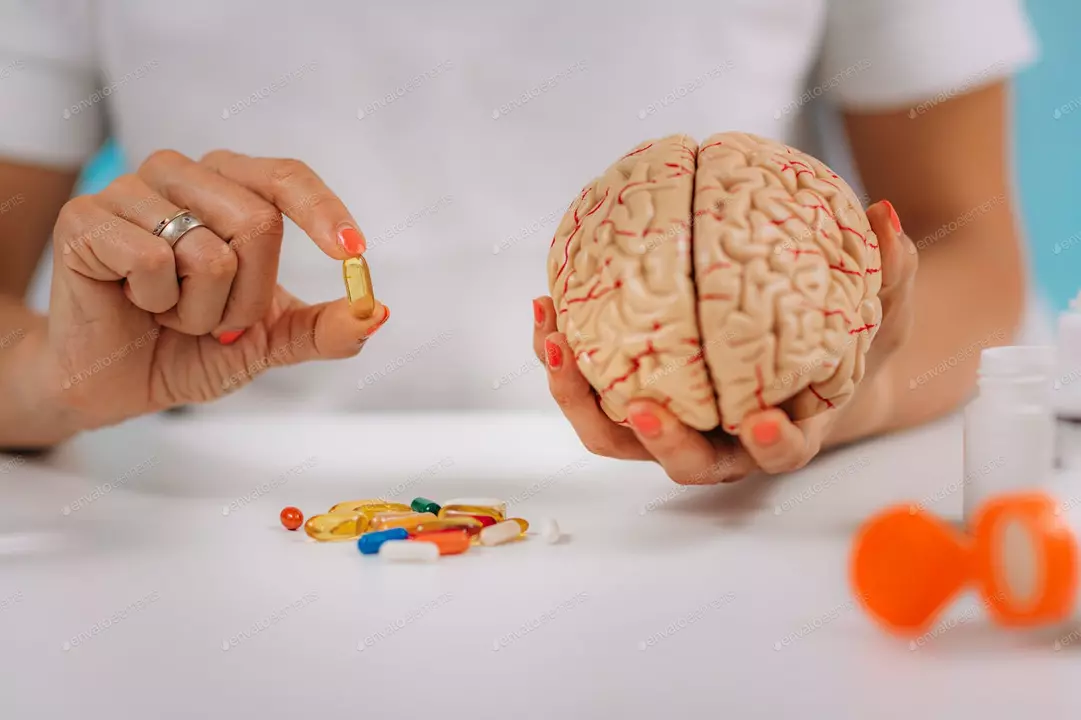
The Impact of Hypertension on Cognitive Function
In my latest blog post, I explored the impact of hypertension on cognitive function. It's fascinating to learn how high blood pressure can negatively affect our mental abilities, such as memory and focus. I found that prolonged hypertension can cause damage to the brain's blood vessels, leading to cognitive decline. To maintain our brain health, it's crucial to manage hypertension through lifestyle changes and medications. Check out the full post for more insights and tips on how to protect our cognitive function from the effects of high blood pressure.
View More
